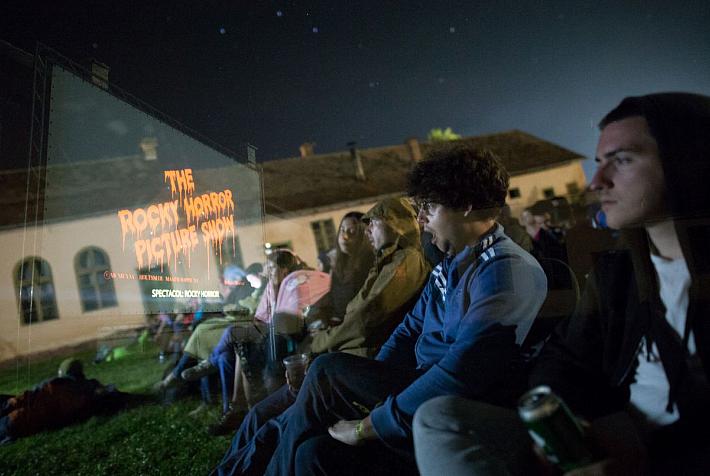Dragobetele or Romania's traditional celebration of love

Western Europeans and Americans may have St Valentine's day, but traditionally Romania has its own special day for lovers, celebrated on February 24, so 10 days after Valentine's. It's called Dragobete, and people familiar with Romania might have heard of it, because it has became quite popular again in recent years. The youth in large cities are celebrating it again, maybe to rebel against the Western ways?
But only the name and the symbol seem to have stayed, as Dragobetele used to be a complex celebration – perhaps it can still be found in more traditional, remote villages.
Dragobete was the son of the old lady called Baba Dochia, who marks the return of spring. Dragobete's other name is the bird's fiance or 'head of the spring', because it too marks the beginning of spring.
On Dragobete, girls and boys dressed in holiday suits usually meet in front of the church and go searching for spring flowers. Then, they sit and talk around the fires lit on the hills in the village. At noon, the girls go back to the village running, each followed by the boy who fell in love with her. If the boy catches the girl he chose, and if the girl likes him, they will kiss in front of everybody. This kiss signals their engagement for one year, and Dragobete is an opportunity to show an attachment in front of the community. The traditional saying is that Dragobetele kisses the girls (Dragobetele saruta fetele in Romanian).
Dragobete traditions vary from region to region. There are a number of Dragobete customs in rural areas, many of which are not kept up by modern Romanians. The tradition also says that those who take part in Dragobete customs are supposed to be protected from illness, for the rest of the year. Region to region, even the date of the holidays varies, on the Wallachian plains, including Bucharest, it is celebrated on February 24, but in other areas, on 28 and 29 the same month.
In some areas of Romania, married women have to wash their faces with snow so that spring finds them joyful and healthy. Another custom is for a young girl to eat a salty bread baked by the eldest woman in the household, then place some basil under their pillow. During the night, if they are to get married withing 12 months, they'll dream their future husband. The explanation is that the salty bread would make them thirsty and they'd dream of a man who brings them water.
editor@romania-insider.com
(photo source: sxc.hu)











